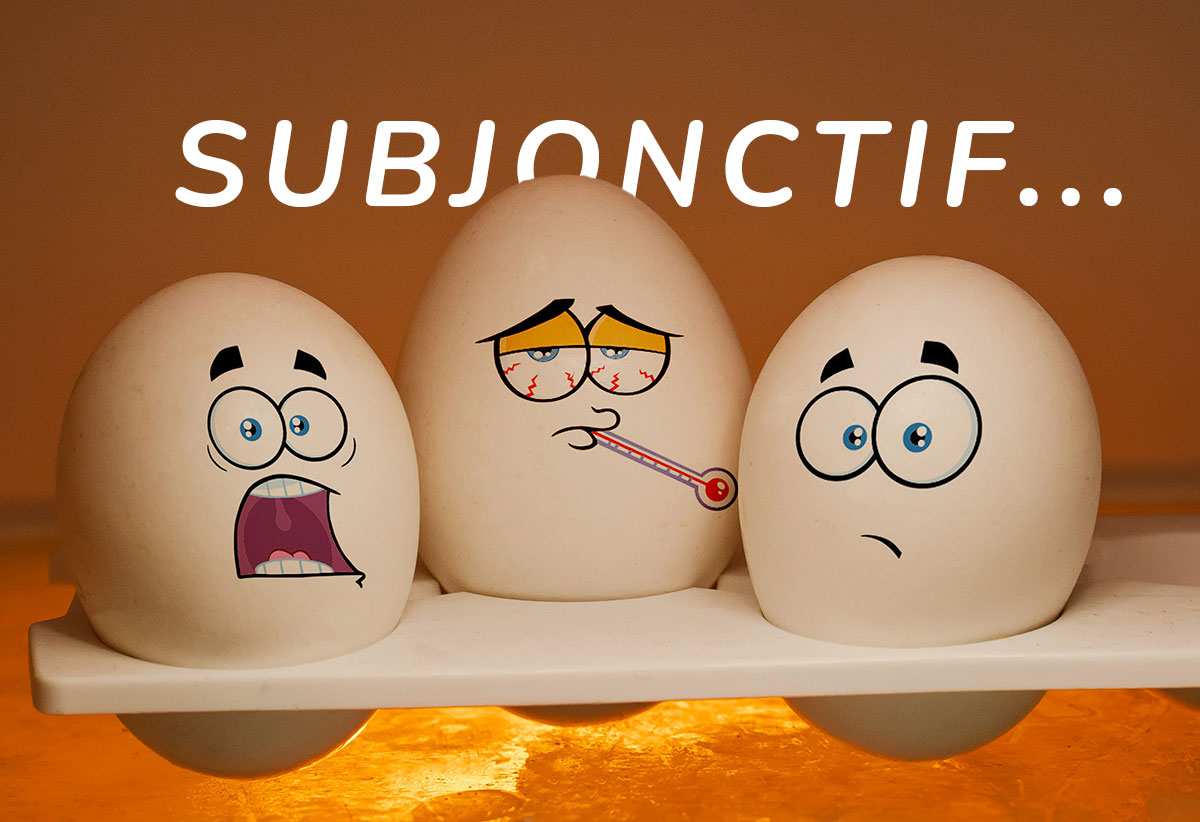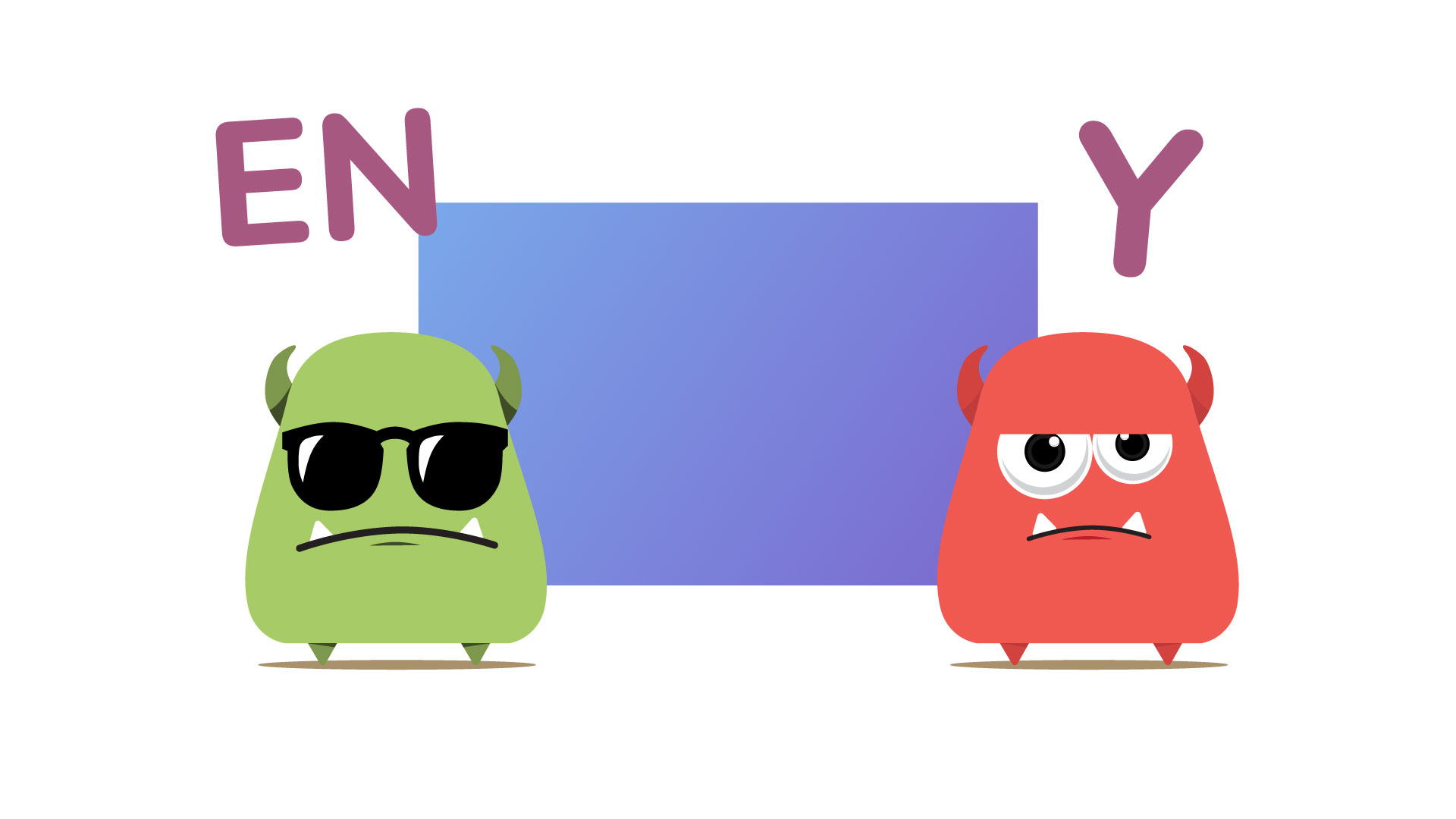The Imperative in French: How to Conjugate Verbs in Imperative? When do You Have to Use the Imperative?
You might be asking yourself, “When do I have to use the imperative in French?” Well, wonder no more! In this blog post, we’ll go over the basics of how to conjugate verbs in the imperative form, and when it’s appropriate to use this particular verb tense. So put on your learning cap and let’s get started!










